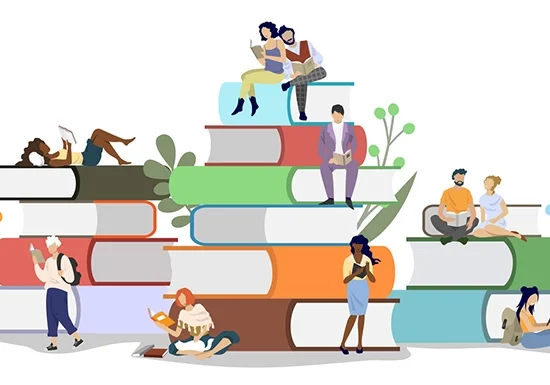The Importance of Social-Emotional Learning for College Students
Dr. Conrad Hughes, Education Advisory Board Member
Published: February 28, 2024

For the better part of two centuries, theories of learning have been focused on cognition: the way working memory and long-term memory work; the importance of discipline and strict rituals; repetition, and testing. Much of this was substantiated by behavior research that showed how systems of stimulus-response could regulate actions and ways of processing information.
Emotions were often ignored. Many teachers in this old paradigm of thinking used emotions negatively, shouting at students, being sarcastic with them, or cold and detached.
However, more recent years have shifted the emphasis from cognition alone to the centrality of emotions in learning. This is what much of the research of the last 30 years has shown: how what we remember is that which touches us emotionally, that which makes sense to us in terms of our inner core of values and meaning. The whole experience of COVID reminded us of how important relationships are in learning: the learning that passes from an instructor to a student is much more than the transmission of information, it is a whole emotional, psychic experience.
Social Emotional Learning (SEL) is a growing field in education that recognizes the centrality of emotions in learning and how to learn well, we need to be connected to our inner motivation, sense of purpose, and happiness.
College students can find it difficult to brave the level of rigor required, especially when juggling studies with the world of work and feelings of loneliness that can come from growing into the adult world.
How can college students enhance their learning through SEL? The first step is to recalibrate the mind, motivation, and values. Stepping back from a course of study to reflect on why we are doing it, where it is taking us, and all the benefits that this brings, reinforces motivation. Secondly, it can help to balance study with other activities that complement study but allow you to take a break, such as reading, the arts, sports or simply connecting with friends. Spending hours scrolling through social media or glued to a screen watching a trashy series is less effective!
I’m a big believer in planning as a stress-reliever: worry usually comes from the unknown, so mapping the unknown onto the known by strategizing the steps to be taken to complete an assignment or do some revision will shine a light on the darkness and give clarity. When things are clearer, we move toward them with more assurance.
Most importantly, it’s essential to realize that everyone goes through rough patches in their study, feeling pressure and sometimes despondency at the barrage of deadlines and pressure to deliver. This is normal and should be embraced, discussed with peers or mentors, and thus externalized from your system: reach out to a friend or family member to share your difficulties, it does a world of good and allows you to step back into study with more confidence and readiness.
